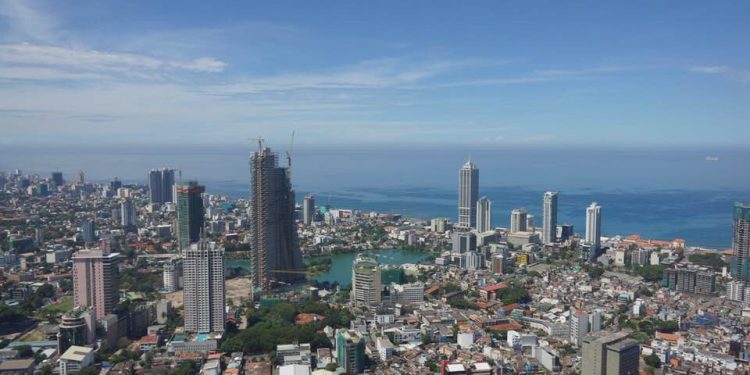Colombo, Dec. 16 – Sri Lanka will ban foreign contractors from competing for state project and give a slew of benefits for domestic construction companies, a government policy for for the next five years said.
Sri Lanka will “all state construction work for the domestic construction firms” the policy document said, the EconomyNext reported.
The reduced competition could push up profits of construction firms and raise the cost of state procurement costs overall, analysts say.
Sri Lanka’s new administration had already halved income taxes for construction firms from 28 to 14 percent and also lifted value added tax from aparment and housing projects.
It is not clear how the ban will affect foreign tied funding projects.
Chinese projects in particular are funded with export-import bank financing for China-based contractors.
Some Sri Lankan firms which were sub-contractors to Chinese firms have got involved in joint ventures.
Small and medium subcontracting firms will be provided secure business through legislation, the new policy said.
Building construction approvals will be reduced to 3 weeks, by establishing a system that will enable all approvals to be obtained through one place over the internet, while urban construction will have to follow existing urban development plans.
Past loans taken by construction firms will be given grace periods and space to renegotiate, new policies showed.
A new system will be set up to manage relations between construction firms and banks via the central bank as well.
Existing licensing for procuring raw material for construction will be revised.
The government will set up an advisory committee of engineers and technologists to help construction firms obtain consultancy assistance, while also helping foster collaboration among the industry, architects association, Institute of Engineers and universities.
The government policy document envisions providing houses to those in need through easy payment plans based on household income.
Land for housing will be provided at reasonable prices for construction companies.
The price of land, especially in Colombo, has priced out housing for many, although housing costs also higher due to protectionist import tariffs on construction material such as aluminium, steel and ceramics.
Special housing projects will be initiated islandwide under a public-private partnership program, while housing schemes will be set up in rural agriculture areas where land for housing is limited.
Housing will be provided for those who are serving or have served in armed forces and war widows, police officers, displaced persons and those living in shanties.
Banks and private institutions providing loans exclusively for housing will be merged into one Housing Bank, which will provide low interest loans.
The government will create facilities to train workers to operate machinery in the construction industry, which is facing a labour shortage.
Youth will also be trained to take up technical or technology-related jobs in construction.


























































